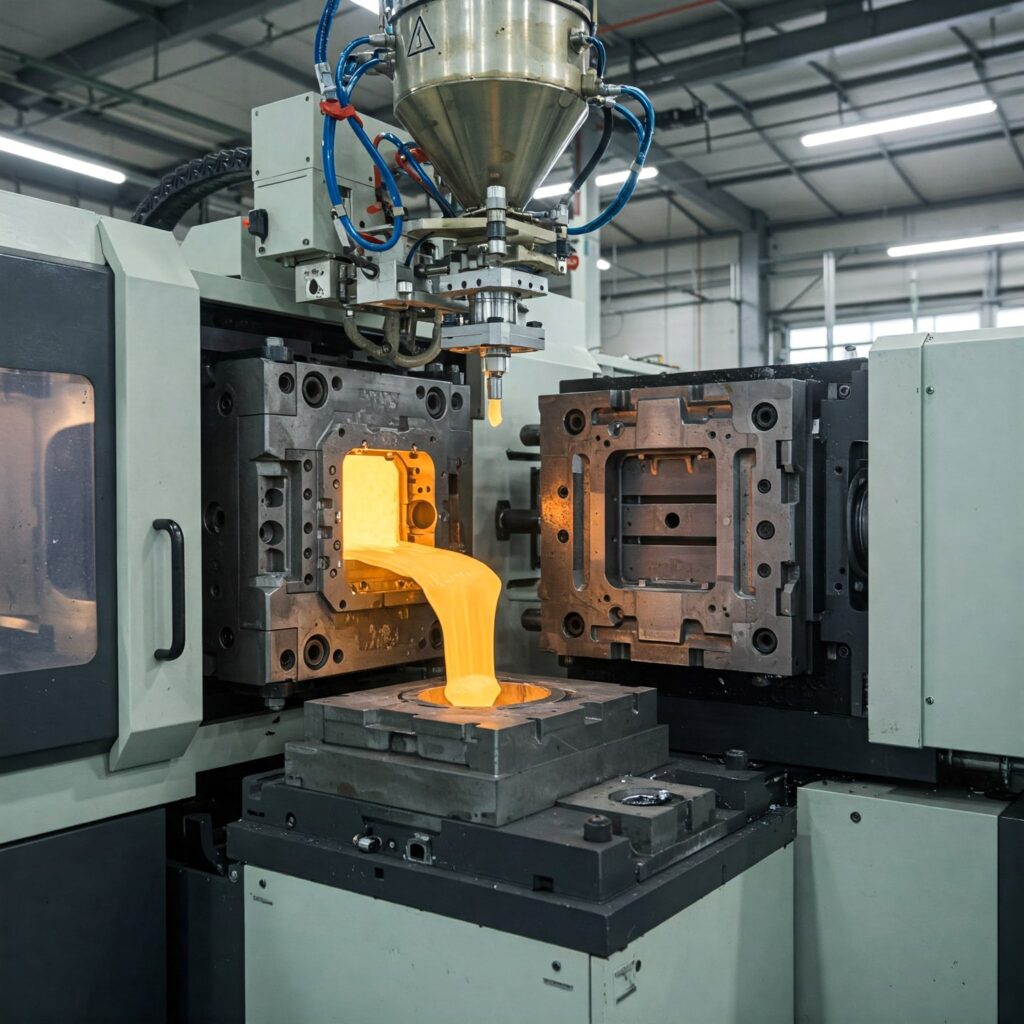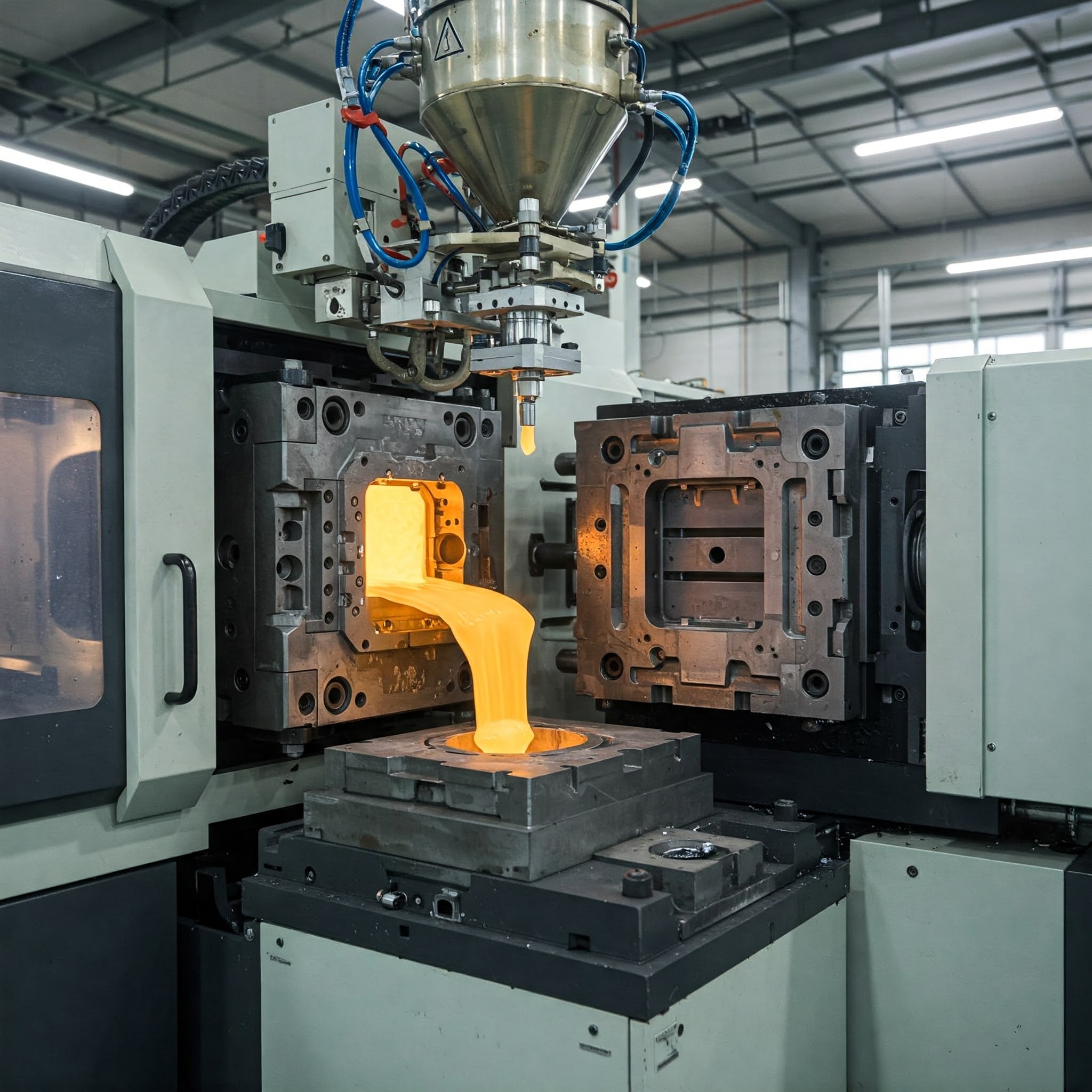Bringing a new product to life is an exciting journey, but it’s only the beginning of a long process. Once your prototype is ready, the real challenge begins: scaling production. Whether you’re designing a physical product, an electronic device, or something more complex, choosing the right manufacturing partner is critical for the success of your product. This partner will play a vital role in transforming your vision into reality and ensuring your product meets market demand efficiently.
Here’s how to navigate the process and scale your product with the right manufacturing partner.
1. Start with Clear Product Specifications
Before you even start searching for a manufacturing partner, ensure you have a well-documented prototype and clear product specifications. This means understanding:
- Materials required
- Design and functionality features
- Target production quantities
- Cost per unit goals
- Lead times
- Quality standards
Having these details will help you communicate your needs clearly to potential manufacturers and will also serve as a reference point to ensure consistency across production runs.
2. Understand Your Production Needs
The scale of your production will dictate the type of manufacturing partner you need. For small to medium batches, a local or regional manufacturer with quick turnaround times might be ideal. However, if you’re scaling for mass production, you’ll need a partner that can handle large volumes efficiently and cost-effectively.
Consider these factors:
- Volume: How many units will you need per batch? Do you expect fluctuations in demand?
- Speed: How fast does your product need to hit the market? Is time-to-market critical for you?
- Location: Where is the manufacturer located? Will it affect shipping costs and lead times?
Your manufacturing partner should be able to meet your production volume needs, with flexibility to adjust as your business grows.
3. Look for Expertise and Experience in Your Industry
Not all manufacturers are created equal. It’s important to choose a partner who understands your industry and the specific demands of your product. For example, if you’re creating a tech gadget, you’ll want a manufacturer with expertise in electronics and assembly. If you’re working on a consumer goods product, you may want someone experienced in molding or packaging.
Research the manufacturer’s background, client list, and the types of products they’ve scaled successfully. A seasoned partner with experience in your industry will bring valuable insights into design adjustments, cost-saving techniques, and quality improvements.
4. Evaluate Their Capabilities and Resources
Manufacturers vary widely in terms of their capabilities. You need a partner who has the right infrastructure, technology, and resources to meet your specific needs. Ask about:
- Equipment: Do they have the necessary machinery and technology to produce your product efficiently?
- Quality control processes: How do they ensure consistent quality throughout the production process?
- Supply chain management: How do they manage their suppliers and materials to ensure timely deliveries and cost efficiency?
- Capacity for scaling: Can they increase production volumes if demand spikes?
Ensure the manufacturer’s capabilities align with your vision for scaling your product.
5. Check for Transparency and Communication
Effective communication is the cornerstone of any successful manufacturing partnership. The right manufacturer should be transparent, proactive in providing updates, and responsive to your questions and concerns. Establish clear lines of communication for reporting on production status, quality control, and any issues that arise during the manufacturing process.
Ask potential partners about their communication practices. Do they provide regular production updates? Are they open to discussing challenges and offering solutions?
6. Review Their Track Record on Quality Assurance
Quality should be a non-negotiable aspect of your partnership. A good manufacturer will have robust quality control systems in place to detect and resolve issues before they impact your product. Ask about their quality assurance processes, certifications, and testing procedures.
A manufacturer that’s committed to quality will help you avoid costly mistakes later in the process, such as defective units or delays due to poor-quality materials.
7. Consider Costs and Terms of Agreement
Scaling production means managing your costs carefully. While you may be tempted by the lowest price, remember that value is more important than just cost. A low-cost manufacturer may not deliver the quality or reliability you need.
Ensure the manufacturer’s pricing structure aligns with your budget. Understand their payment terms, including deposits, production milestones, and shipping costs. Make sure to factor in additional costs, such as shipping and tariffs, especially if your manufacturer is overseas.
8. Ensure Scalability for Future Growth
The product’s future success depends on its ability to scale. Your manufacturer should not only meet your current needs but also be able to grow with your business as demand increases. Discuss the long-term relationship you envision and ensure they have the infrastructure and capacity to adapt as your product and company evolve.
Ask your potential manufacturing partner how they plan to support your business growth. Can they handle fluctuations in demand? Do they offer additional services such as packaging or assembly?
9. Visit the Manufacturing Facility
Whenever possible, visit the manufacturer’s facility to see firsthand how they operate. This will give you a better sense of their processes, equipment, and work environment. A visit also allows you to discuss your product in person, evaluate the manufacturing conditions, and build trust with the team who will be handling your product.
Visiting the facility will also give you a clearer understanding of their capabilities and help you gauge how well they can scale production.
10. Establish a Strong Partnership
Once you’ve found the right partner, focus on building a strong relationship. Consider this a partnership rather than just a transactional agreement. Open, honest communication, mutual respect, and a shared vision will help ensure the successful scaling of your product.
Conclusion
Scaling your product from prototype to production is a critical phase that requires careful planning and the right manufacturing partner. By taking the time to choose a manufacturer who understands your needs, has the resources to scale, and aligns with your values, you’re setting the stage for long-term success. Remember, your manufacturer isn’t just a supplier—they’re a key player in bringing your product to market, and together, you can turn your vision into a reality.

